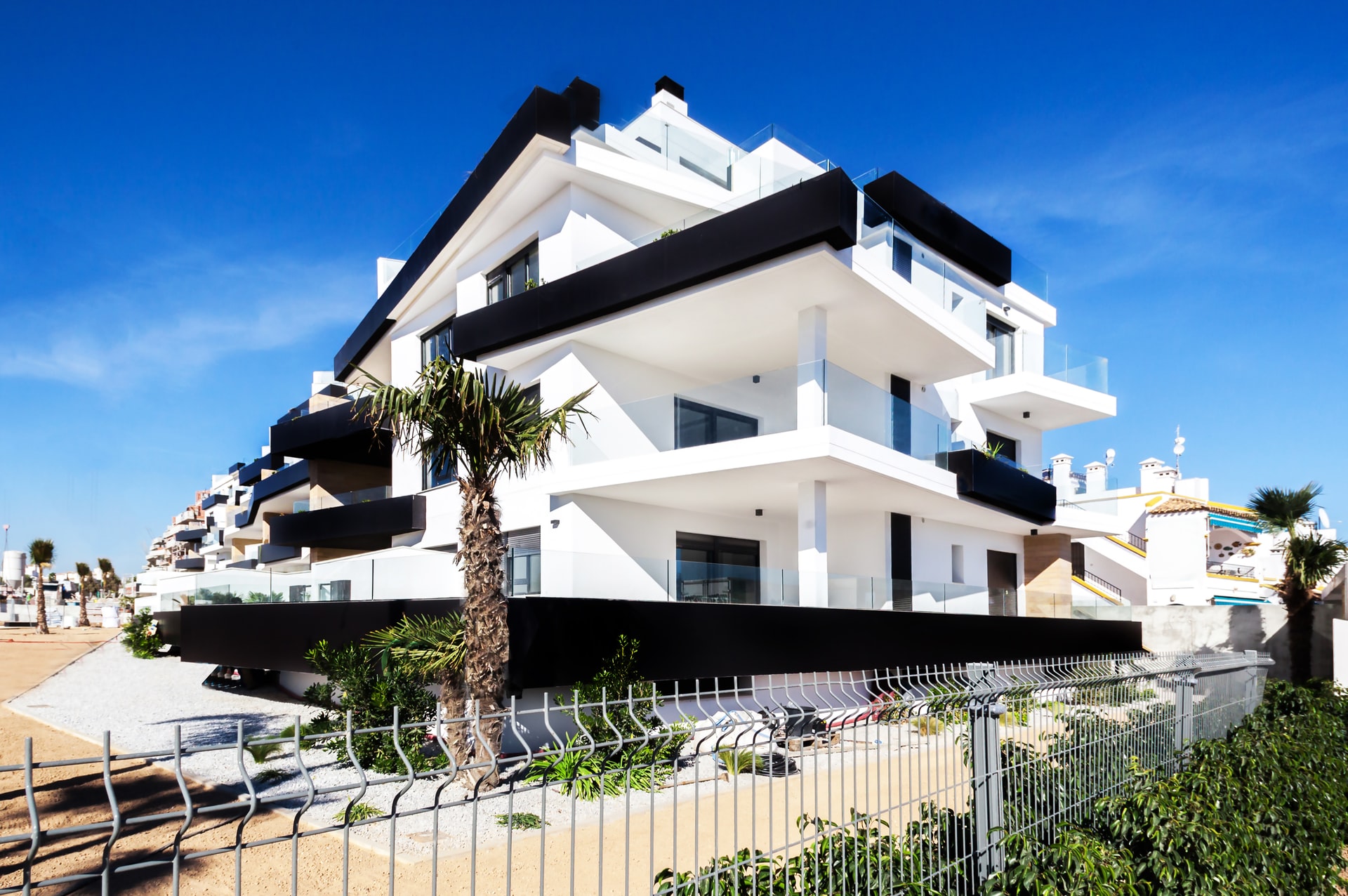Jumbo loans cater to consumers seeking luxury homes or properties in high-demand areas with steep price tags. They operate like traditional loan products, but there are some key differences, including the down payment you’ll need to put down to get approved.
In this guide, you’ll learn more about jumbo loans, the minimum down payment required by most lenders and why it’s higher than what you’d need for a conventional home loan.
Jumbo Loans and Conforming Limits
The Federal Housing Finance Agency (FHFA) sets conforming loan limits for conventional loans annually. For 2022, the limit is $647,200 for single-family units and up to $970,800 for homes located in high-cost areas. Jumbo loans are considered Non-Qualified mortgage products that fall outside of these limits.
What is the Average Down Payment for a Jumbo Loan?
The average down payment for a jumbo loan is between 10 percent and 20 percent. Some lenders require as much as 30 percent, though, so it’s best if you inquire before applying for a mortgage.
Why Are Jumbo Loan Down Payments Higher?
Jumbo loans are far riskier to lenders than conventional and government-backed mortgages. Consequently, the minimum down payment is substantially higher to minimize the risk of loss.
Below are three key reasons why these loans are so risky:
Larger Loan Amounts
Since jumbo loans are mortgages that don’t fall within the conforming loan limits, the amount you borrow is relatively large.
Loans are Not Insured
Although jumbo loans are funded by private lenders, they don’t conform to the standards set forth by Fannie Mae, Freddie Mac or the Federal Housing Administration (FHA). So, lenders aren’t insured against the risk of loss if the borrower defaults on the loan.
Greater Losses
To piggyback off the prior points, larger loan amounts and delinquent balances equal hefty potential losses for the lender.
How to Find a Jumbo Loan with Smaller Down Payment
If a 20 percent down payment seems unreasonable, don’t fret. There are mortgage lenders, like Angel Oak Mortgage Solutions, that feature jumbo loans with down payments as low as 10 percent.
You can choose from one of the following options to purchase your primary home, a second home or an investment property:
- Gold Prime Jumbo: Get approved for up to $3.5 million with a Gold Prime Jumbo Loan. A debt-to-income (DTI) ratio of up to 50 percent is allowed, and at least seven years of seasoning is required if you have a bankruptcy, short sale, foreclosure or deed-in-lieu.
- Prime Jumbo: The Prime Jumbo Loan caters to borrowers seeking a home loan of up to $3 million.
- Non-QM Platinum Jumbo: This borrowing limit on this loan product is also $3 million, but it only requires four years of seasoning for adverse credit items. You can also use the loan proceeds to purchase non-warrantable condos. A one-year tax return program is another perk of the Non-QM Platinum Jumbo Loan, along with the ability to select a 40-year fixed interest-only repayment option.
Conventional mortgages and government-backed mortgages, like FHA loans, USDA loans and VA loans, are also available if you purchase a property that doesn’t exceed the conforming loan limit.
Inquire today by completing a simple form to learn more about Angel Oak Mortgage Solutions’ traditional and jumbo home loans. A home loan specialist will reach out to you promptly to share more information about mortgage products and discuss your funding needs.
Other Costs to Consider When Getting a Jumbo Loan
The down payment isn’t the only cost you must consider when getting a jumbo mortgage. Other expenses to expect include:
Appraisal Fee
You’ll need at least one appraisal to close on a jumbo loan – some lenders require two. The fee varies, but you’ll likely spend several hundred dollars.
Home Inspection Fee
Home inspection varies by the home’s location and size. However, they’re generally between $200 and $500.
Private Mortgage Insurance
The lender may require private mortgage insurance if you put less than 10 percent down. This coverage protects the lender from substantial losses if you default on the loan.
Cash Reserves
If you haven’t already done so, prepare to save up at least 12 months of mortgage payments to qualify for a jumbo loan. After all other closing costs are paid, this amount should be available in your bank account.
Attorney Fees
Attorney fees also vary but should also be considered.
Title Insurance
Title insurance is another out-of-pocket cost that provides protection in case there are issues with the title later in the future.







